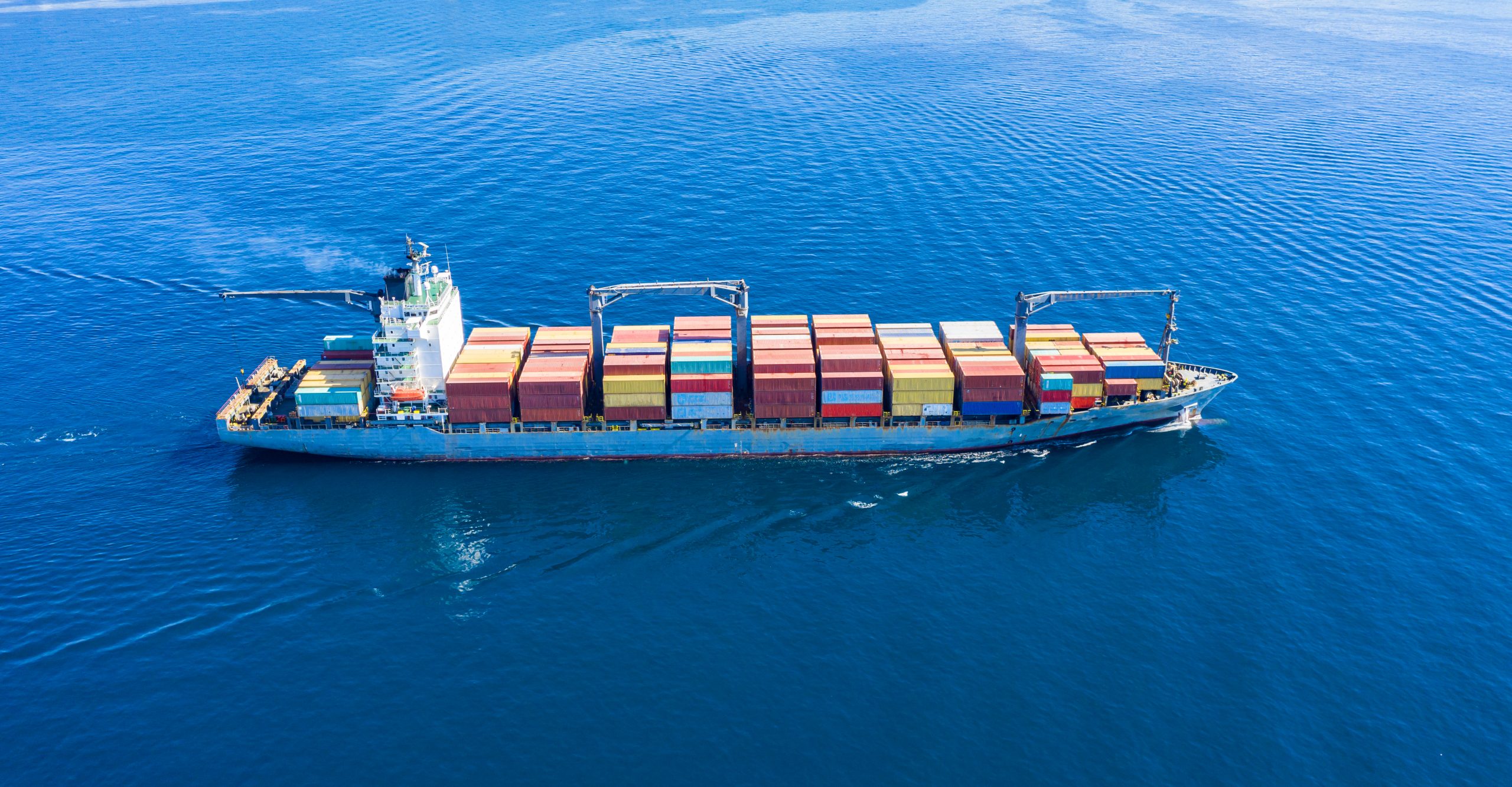
Types of Jobs in the Marine Transportation Industry
There are several different types of jobs in the Marine Transportation industry. These include Deckhands, Navigators, Dispatchers, and Port captains. These positions require a high level of education and are well-paid. Getting a trade school degree may also give you an edge over your competition. Read more about Jobs Available in Marine Transportation.
Deckhands
In the maritime industry, Deckhands perform a variety of duties, including checking and stowing cargo. They also maintain the cleanliness and appearance of the vessel. Deckhands have little formal training but must be strong and hardworking. In addition to these responsibilities, Deckhands are responsible for the safety and security of the vessel.
Working on large vessels is an exciting and rewarding career path. It teaches valuable practical and leadership skills, and it also opens doors for career mobility. Those who excel in this field may eventually work their way up to the rank of officer or engineer.
Navigators
Navigators play a vital role in marine transportation, as their job requires them to determine and control the vessel's position and movement. These professionals use various methods, including celestial navigation and GPS, to make sure that the vessel stays in the correct position. They also use electronics to aid in navigation.
Navigators must have a thorough understanding of the constellations of different regions and the various hemispheres of the globe. The Southern Cross, for example, is only visible in the Southern Hemisphere, while the Big Dipper cannot be seen above the tropics. The navigator also needs a good sextant and a good clock, as well as an almanac that lists celestial bodies and their positions.
Dispatchers
Dispatchers in marine transportation coordinate the activities of ships entering and leaving a port. They write orders for ships and notify maritime pilots. Dispatchers also collect receipts for pilotage and record the charges on receipts. They also maintain records of ships entering and leaving port, such as owner, displacement tonnage, and country of registration.
Dispatchers for the marine transportation industry work to develop schedules for vessels based on available personnel, equipment, and resources. In addition to preparing schedules, they also respond to incidents and provide courtesy feedback to customers. Their job duties are governed by Centerline Logistics operating policies and procedures, which they must know and adhere to.
Port captains
Port captains are responsible for the safety of passengers and crew on a vessel. They must possess strong leadership skills and motivate crew members to work efficiently. They also need to inspire the passengers on board to feel safe and secure. Port captains work closely with others on the ship and must be able to effectively communicate verbally and in writing.
Port captains' salaries vary widely and depend on their experience and education. A bachelor's degree is usually required. Some employers may also offer bonuses for their captains' accomplishments. Over the next decade, employment for port captains is projected to increase, but at a much slower rate than the national average. This is because there is an increasing need to upgrade and maintain ports. However, the rise of automation could limit the number of jobs for port captains.
Freight brokers
Freight brokers play an important role in the marine transportation industry, providing shippers with a high level of service and support while allowing them to concentrate on other tasks. They maintain relationships with carriers and maintain networks of productivity and service, which can save shippers money in the long run. They can also help shippers to scale their operations quickly.
The US Bureau of Labor Statistics lists freight brokers/agents as a "Bright Outlook" career area with a projected 30% growth in the next five years. In addition, the US Bureau of Transportation estimates that 11 billion tons of freight are moved by truck each year, requiring skilled freight brokers to keep the industry moving. To get the training you need to become a freight broker, start by studying under an experienced broker. Become familiar with the rules and regulations regarding surety bonds and FMCSA registration.
Comments on “Jobs in Marine Transportation”